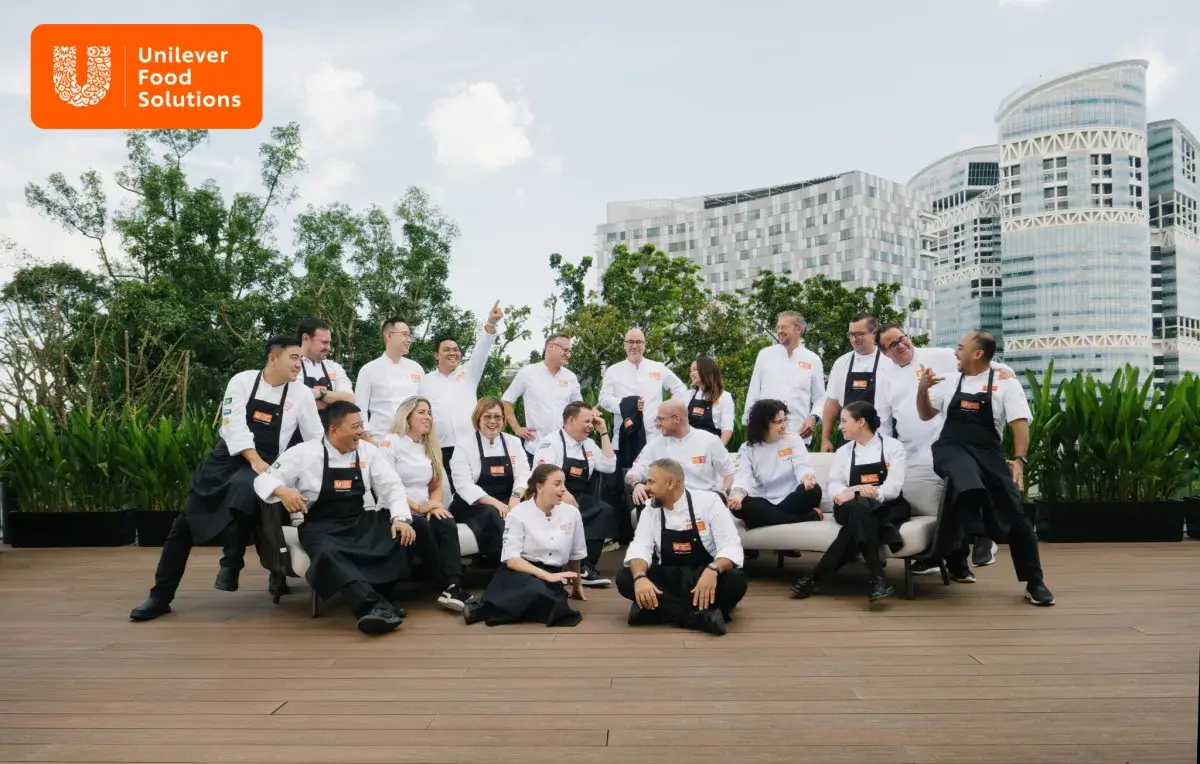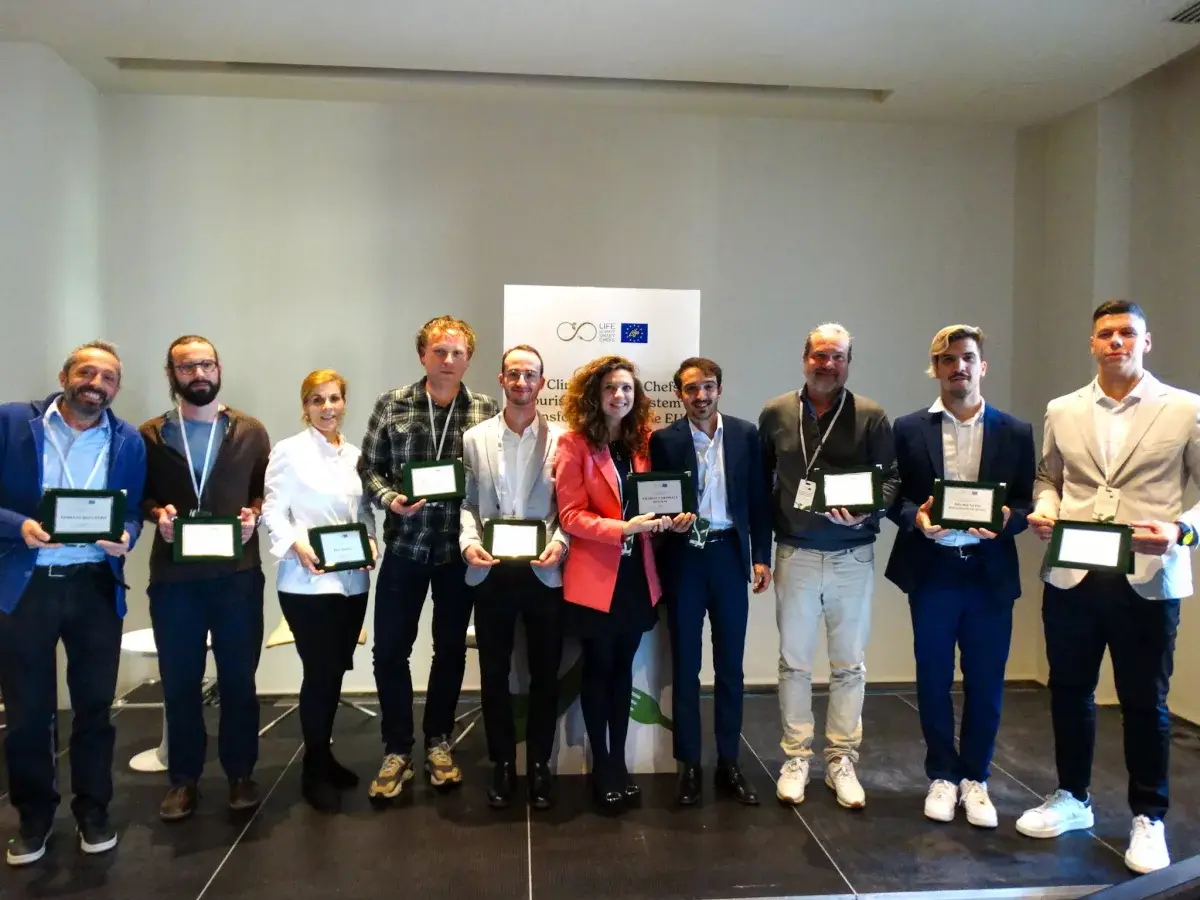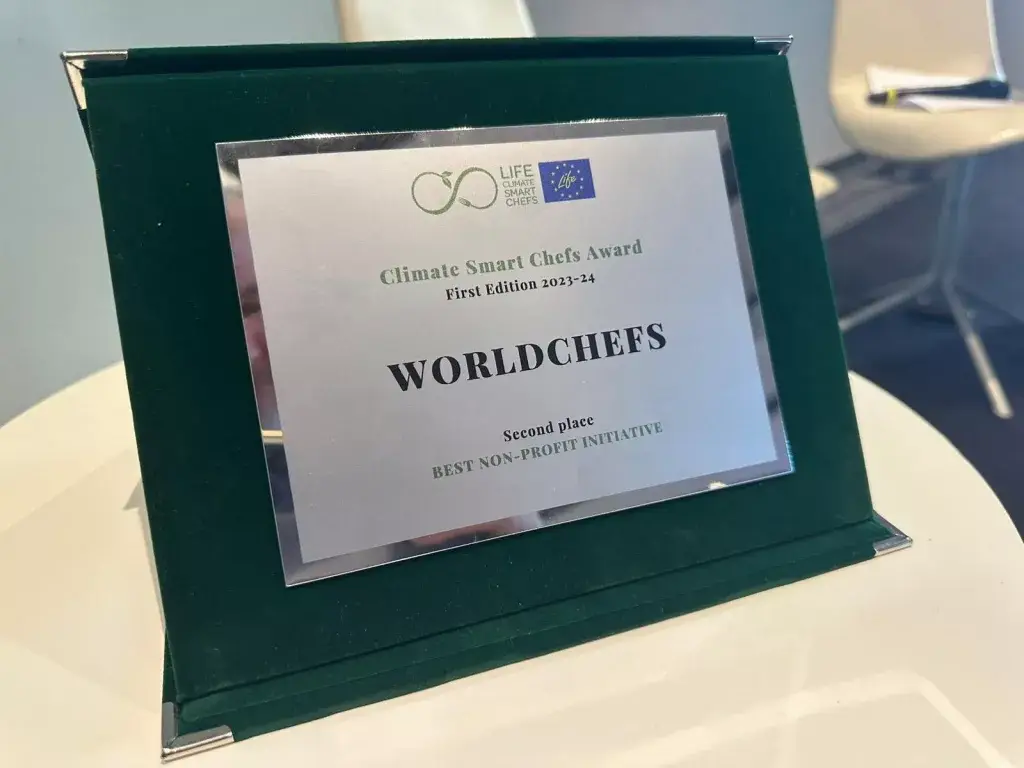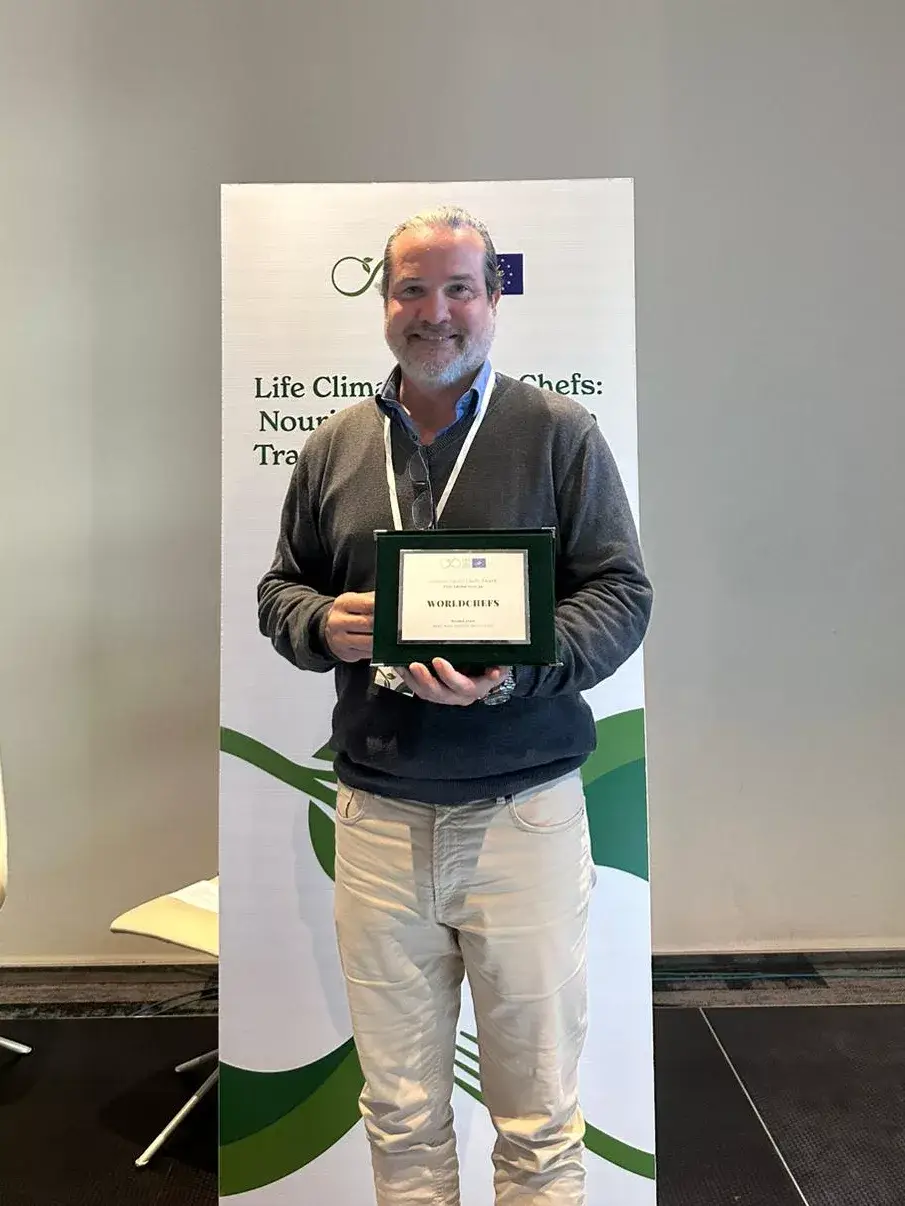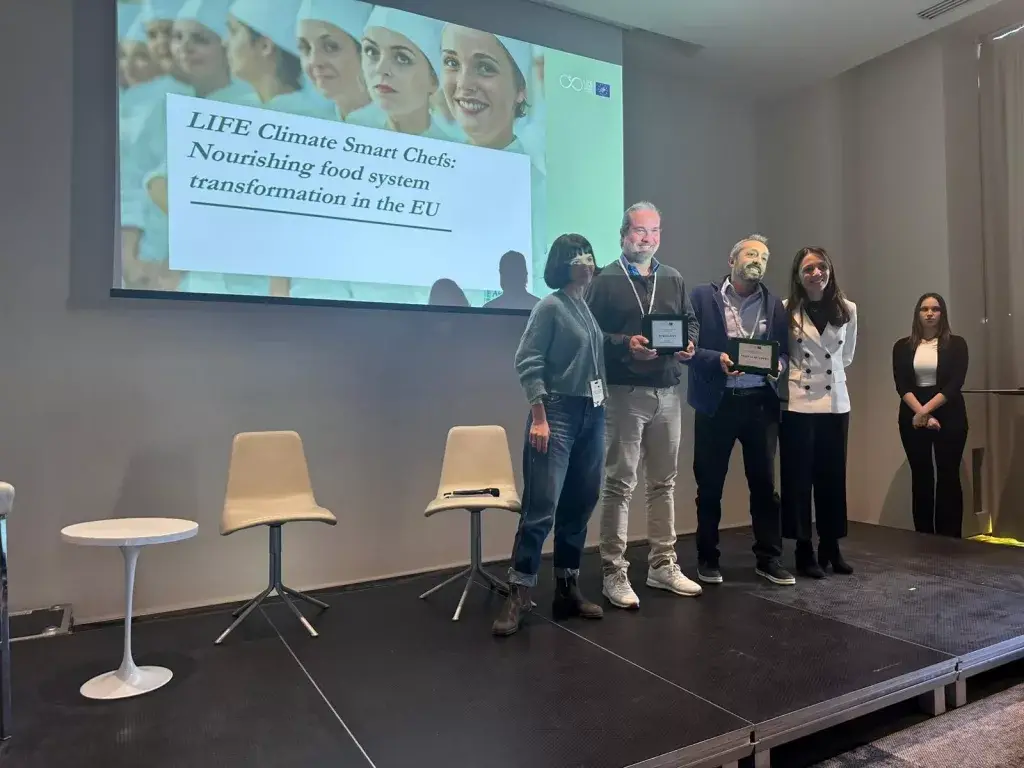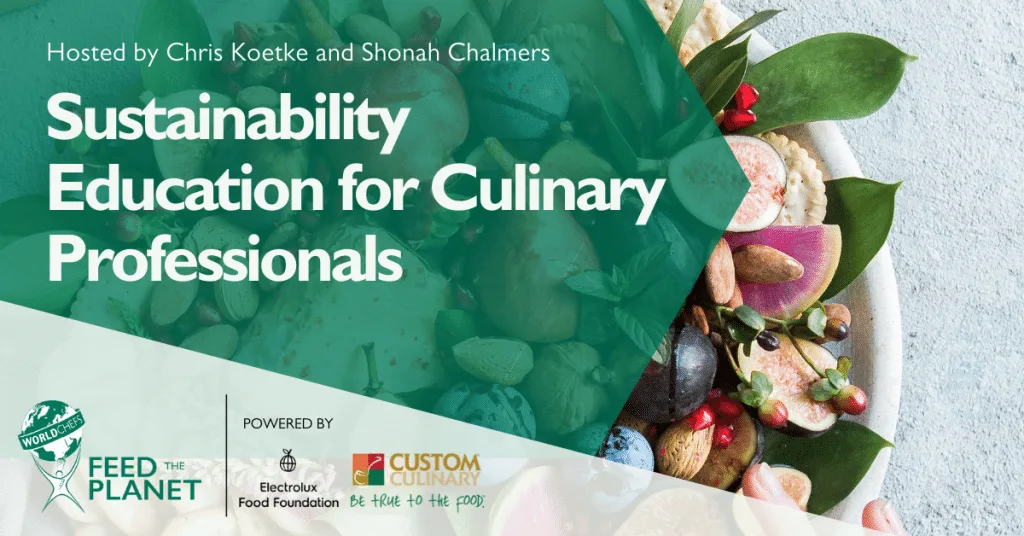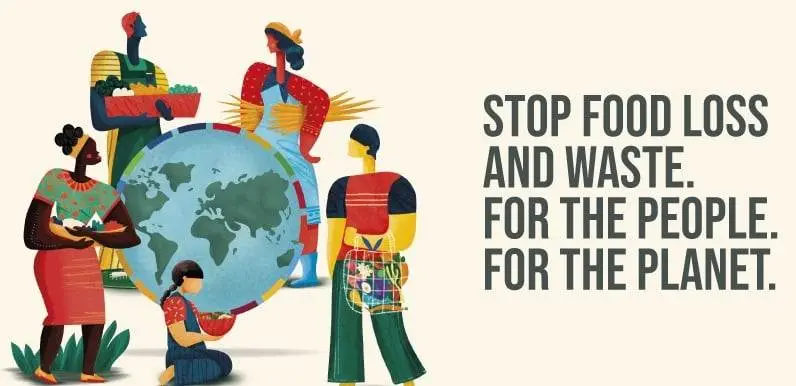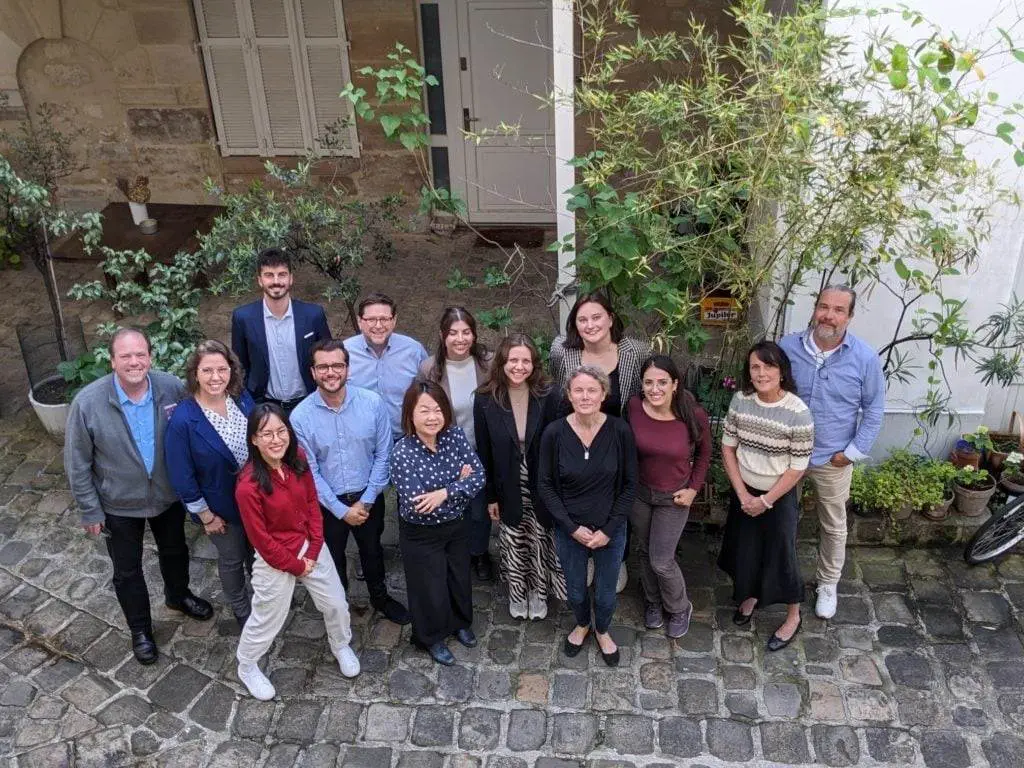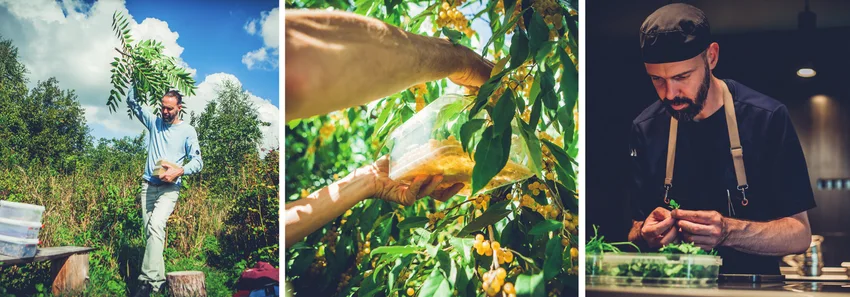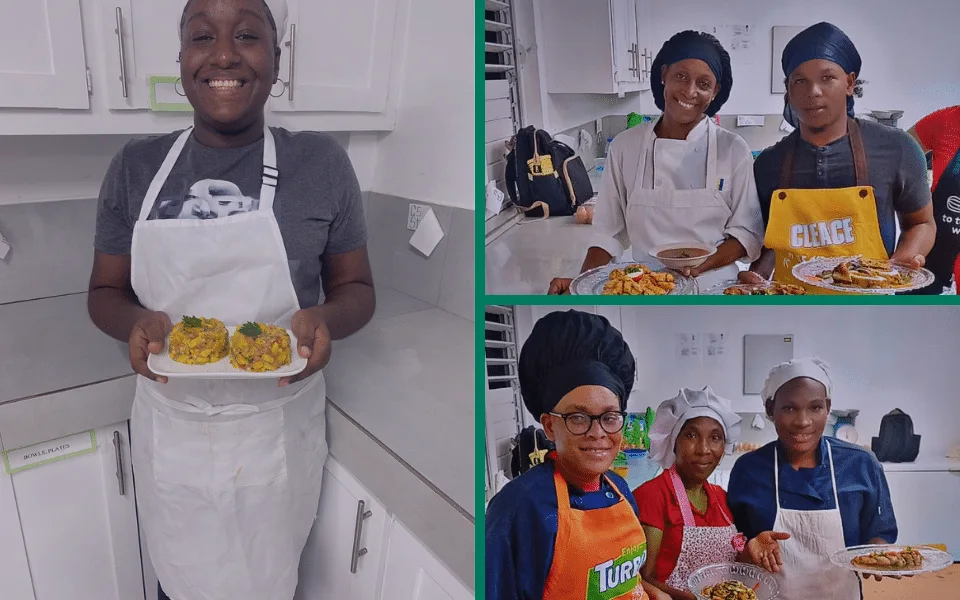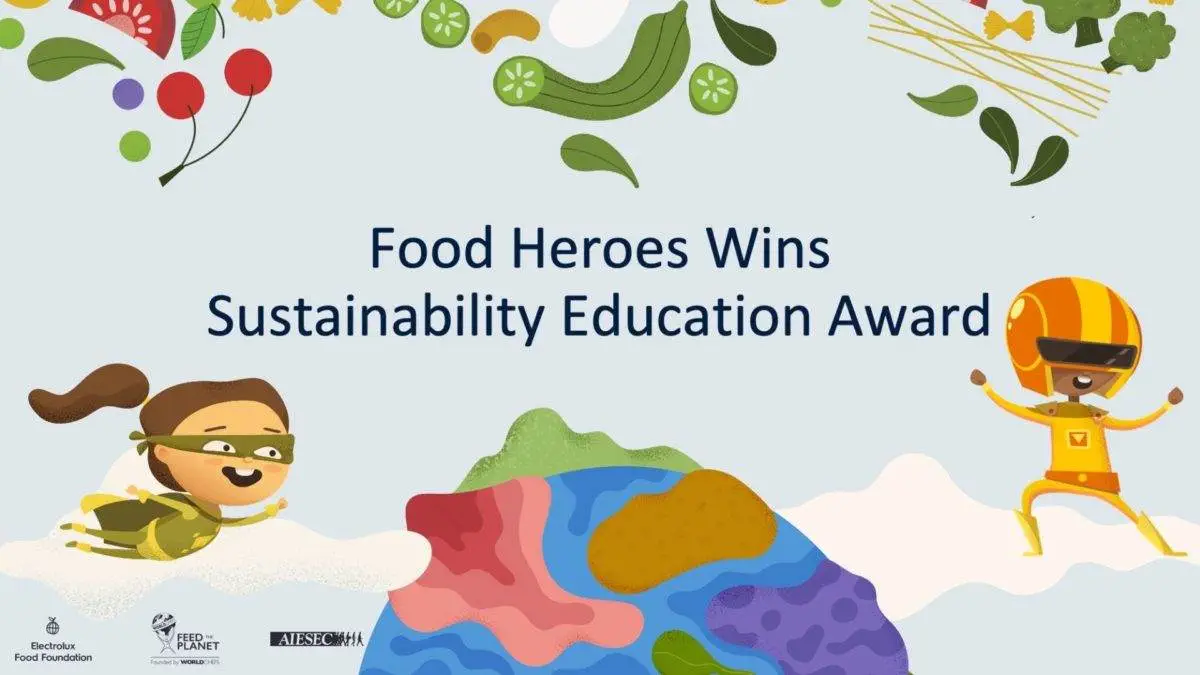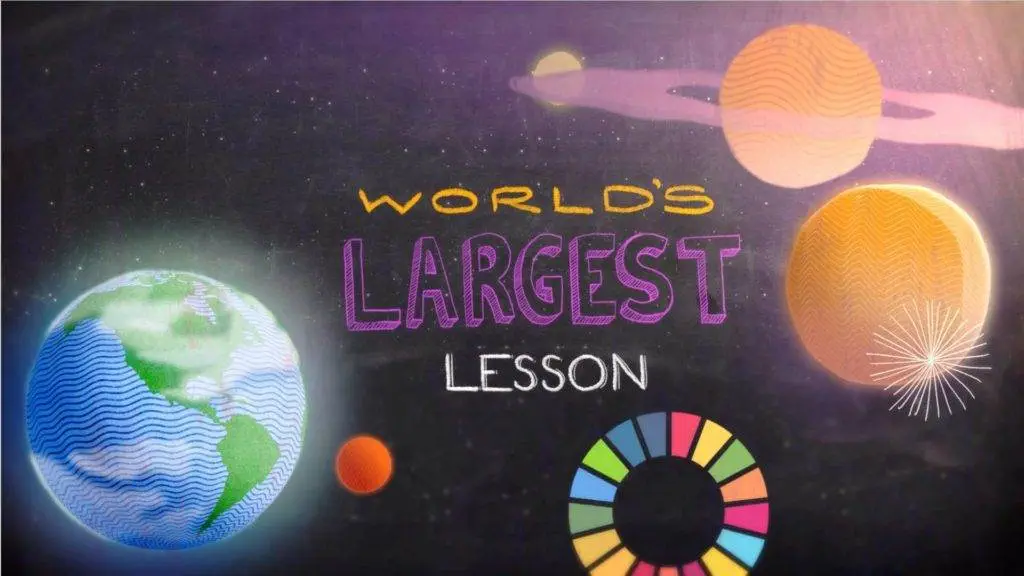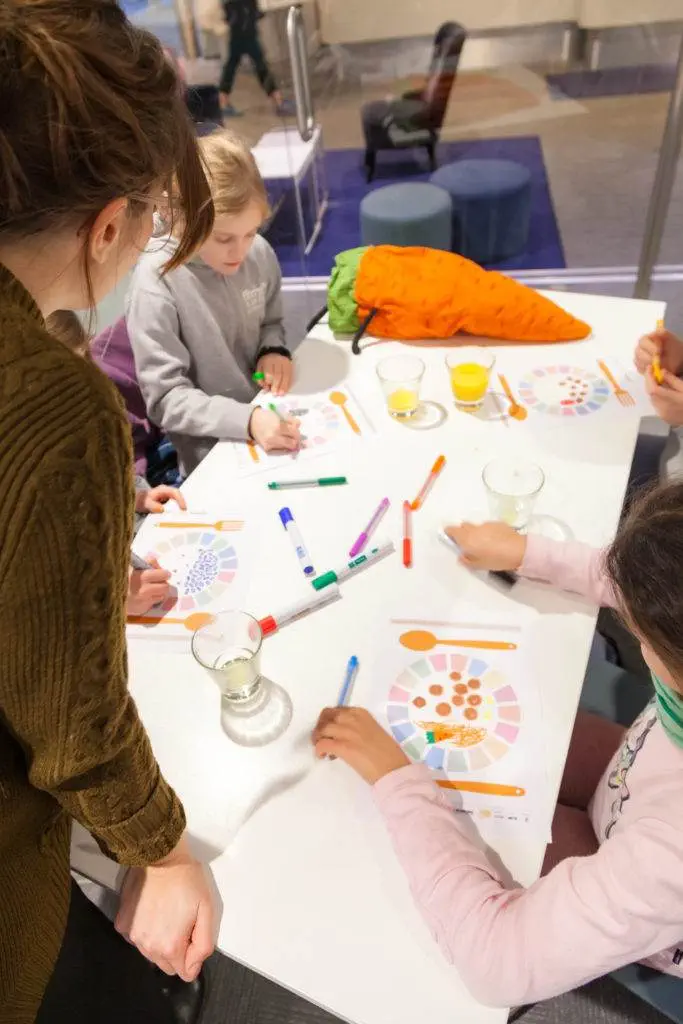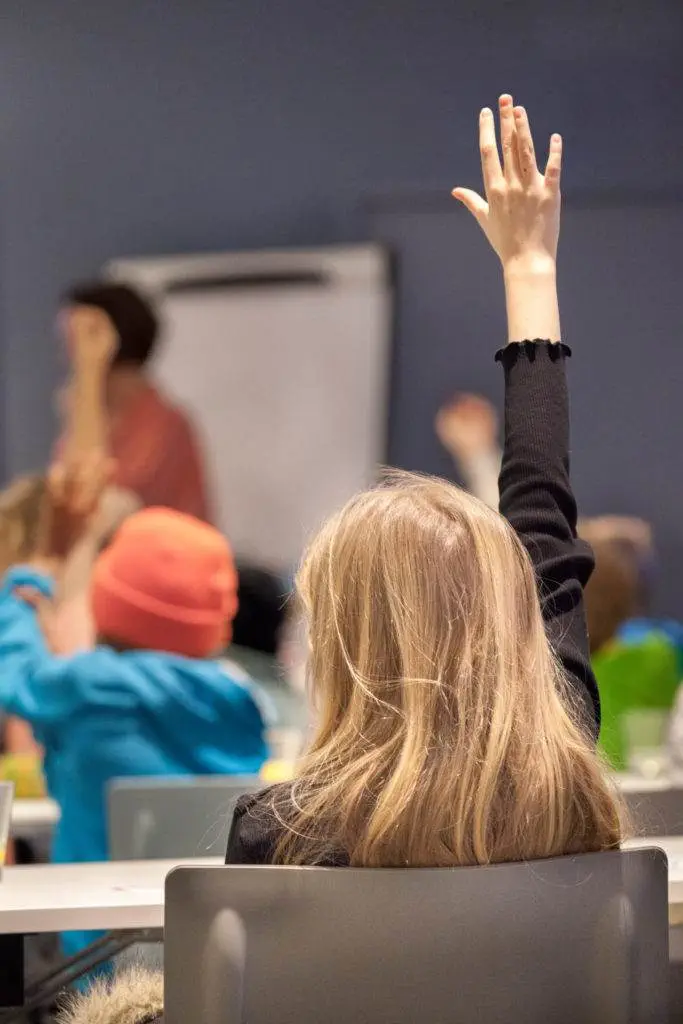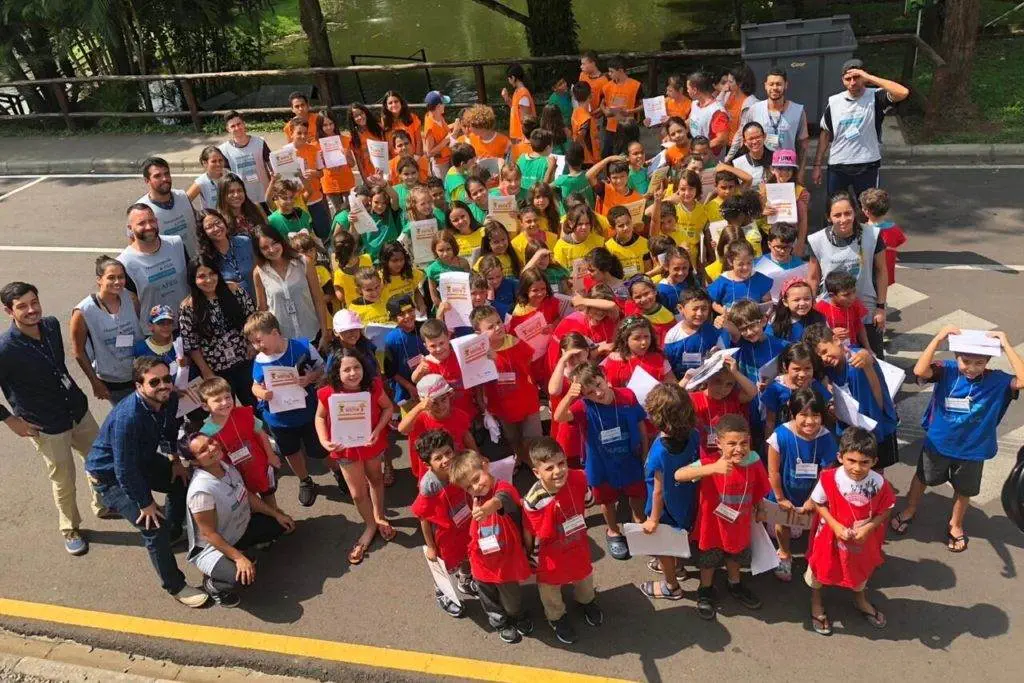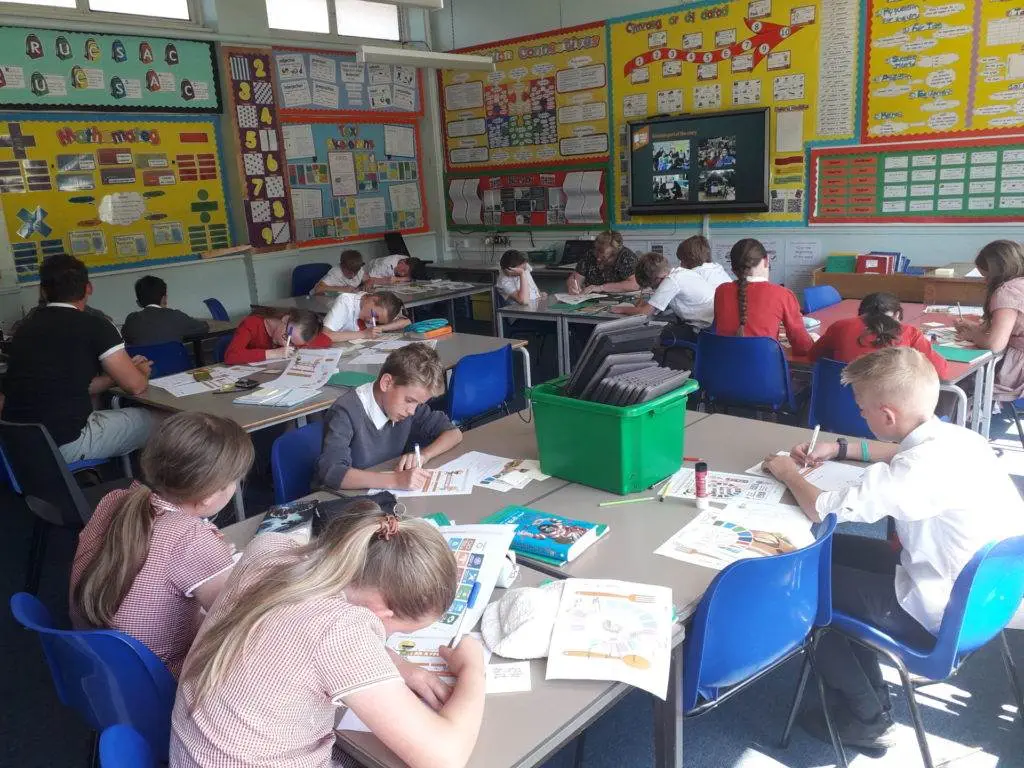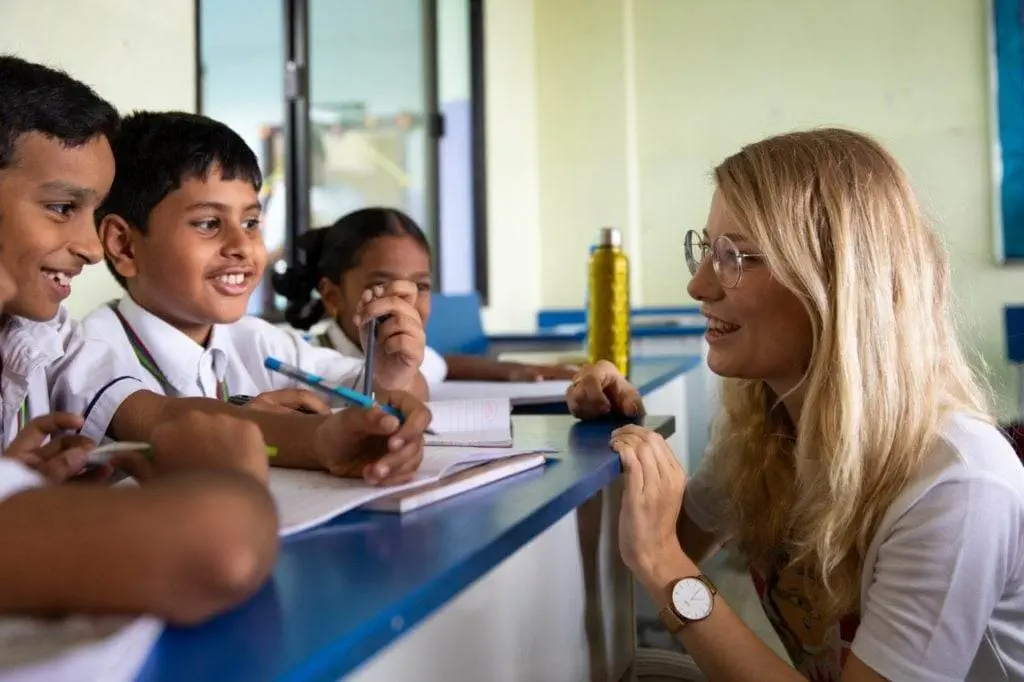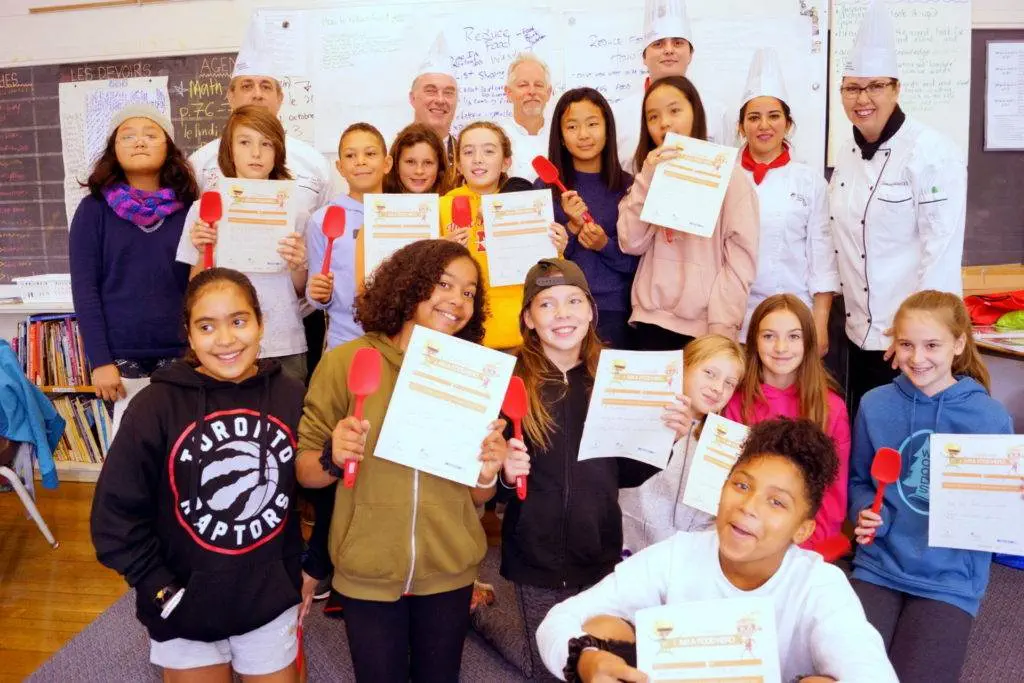Worldchefs partner, Unilever Food Solutions, released the Future Menus report, providing a comprehensive look into the future of food service and evidence-based insights to help chefs stay ahead of the curve.
- Unilever Food Solutions (UFS) Future Menus 2024 report highlights eight pivotal trends including waste reduction, nostalgic comfort foods, and plant-based innovations, designed to future-proof menus and inspire innovation.
- The UFS Future Menus Trend Report findings are translated into practical, action-driven solutions for foodservice operators globally, including recipe inspiration, preparation techniques and ingredient suggestions to help chefs create menu items that are delicious, nutritious, on-trend, profitable, and efficient.
- With a Global UFS launch in March 2024, it was specially introduced to Worldchefs’ audience at Congress 2024 in Singapore, where the UFS breakout session on the report’s findings showcased the trends, capturing the imagination of culinary professionals worldwide.
Paris, 13 December 2024 – Worldchefs (the World Association of Chefs’ Societies) is proud to announce the continuation of its strategic partnership with Unilever Food Solutions (UFS), highlighting UFS’s latest innovation: the Future Menus 2024 report. This collaboration underscores both organizations’ dedication to shaping the future of the culinary industry and empowering chefs worldwide with the resources and training on the latest trends, techniques, and sustainable solutions.

A Vision for Tomorrow’s Kitchens
The Future Menus 2024 report by Unilever Food Solutions offers a comprehensive look into the future of food service, providing key insights to help chefs stay ahead of the curve. The report identifies eight influential trends, including Low-Waste Menus, Modernized Comfort Food, and vegetable-forward culinary innovations.
Designed to inspire, it equips food service professionals with actionable strategies to navigate and thrive in a rapidly evolving industry. The report includes UFS’ Global Menu Trends, 16 recipes developed by UFS chefs around the world, and tips, tools and techniques to help chefs create on-trend, profitable menus, including professional insights on topics such as Gen Z & Millennial diners, menu streamlining, and AI in restaurants.
Rigorously researched, Future Menus 2024 draws on data from over 21 countries, including social media analytics with 77,000 keywords and feedback from more than 1,600 chef professionals via the UFS Online Operators panel. It also integrates insights from UFS’s 250 professional chefs and third-party industry reports.
Among the standout trends is Flavor Shock, reflecting Gen Z’s appetite for bold, fusion-driven dining experiences, and Plant-Powered Protein, which prioritizes plant-rich ingredients such as beans and legumes to meet the growing demand for sustainable, flexitarian diets. Additional highlights include Local Abundance, emphasizing locally sourced ingredients, and Low Waste Menus, offering strategies to optimize resources while maximizing sustainability and profitability.
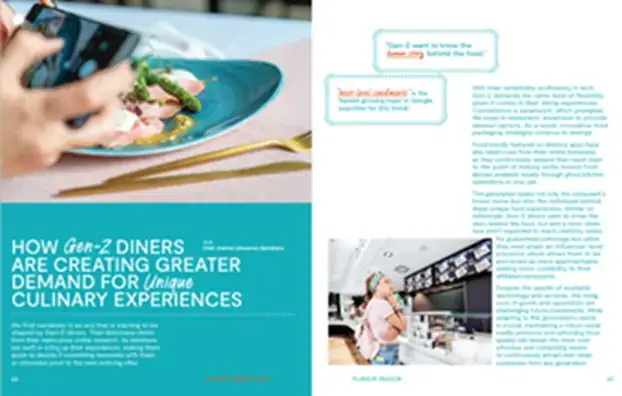


Empowering Chefs Through Information and Education
UFS joined as a Worldchefs’ partner in November 2022, bringing together Worldchefs’ network of chefs in over 105 countries with UFS’s industry-leading creation and discussion of food trends, chef training, and product solutions. The collaboration united UFS’s online chef training portal, UFS Academy, with Worldchefs Approved Courses platform. Through this initiative, hospitality professionals gain unlimited free access to a selection of high-definition training videos, all filmed and created with expert chefs. The suite of training courses includes videos that are under two minutes to help learners achieve actionable skills in an accessible format, covering topics such as menu design, plant-based recipes, and mental health in the kitchen.
“Our partnership with Unilever Food Solutions exemplifies our shared dedication to culinary excellence and building a better future, providing chefs with the tools to innovate and lead in a dynamic industry,” said Ragnar Fridriksson, Worldchefs Managing Director. “Access to key consumer insights, coupled with skills training and education, is key to this process. The Future Menus 2024 report is an incredible resource for chefs aiming to future-proof their offerings and create meaningful impact, and we are proud to continue working with UFS to empower chefs everywhere with new information, resources, and opportunities.”
Shaping the Culinary Landscape
During the Worldchefs Congress 2024 in Singapore, Unilever Food Solutions introduced the Future Menus 2024 report with a breakout session, inviting attendees for an exclusive glimpse into the report’s findings. Garnering significant media attention, the session emphasized the importance of sustainability and innovation. Key themes included minimizing food waste, embracing nostalgia with a modern twist, and leveraging plant-based technologies to meet the growing demand for sustainable dining options.
Worldchefs invites chefs, educators, and culinary innovators to explore the Future Menus 2024 report and engage with key insights set to shape the future of the industry.
About Unilever Food Solutions
Unilever Food Solutions (UFS) is a business of chefs for chefs. Accounting for 20% of Unilever’s Foods Business Group, UFS operates in over 75 countries as a dedicated supplier to the food service industry. Drawing on the expertise of over 250 professional in-house chefs, UFS offers food service professionals high-quality products, industry inspiration and best-in-class services. Our highly regarded portfolio of key products and solutions features power brands like Knorr Professional and Hellmann’s that perform exceptionally well in the professional kitchen.
The UFS Positive Kitchens initiative helps to foster a positive culture in the professional kitchen by addressing the key challenges commonly encountered and providing tools, training and advice to promote well being. Our culinary training programmes provide chefs and food service professionals with best-in-class services and tools.
For details, visit www.ufs.com.
About Worldchefs
The World Association of Chefs’ Societies, known as Worldchefs, is a federation made up of 110 national chef associations. A leading voice in the hospitality industry, Worldchefs carries years of history since its founding in 1928 at the Sorbonne by the venerable Auguste Escoffier.
Representing a mobilized international membership of culinary professionals, Worldchefs is committed to advancing the profession and leveraging the influence of the chef jacket for the betterment of the industry and humanity at large.
Worldchefs is dedicated to raising culinary standards and social awareness through these core focus areas:
- Education – Worldchefs offers support for education and professional development through the landmark Worldchefs Academy online training program, a diverse network of Worldchefs Education Partners and curriculum, and the world’s first Global Culinary Certification recognizing on-the-job skillsin hospitality;
- Networking – Worldchefs connects culinary professionals around the world through their online community platform and provides a gateway for industry networking opportunities through endorsed events and the biennial Worldchefs Congress & Expo;
- Competition – Worldchefs sets global standards for competition rules, provides Competition Seminars and assurance of Worldchefs Certified Judges, and operates the prestigious Global Chefs Challenge;
- Humanitarianism & Sustainability – Worldchefs Feed the Planet and World Chefs Without Borders programs relieve food poverty, deliver crisis support, and promote sustainability across the globe.
Media contact:
Olivia Ruszczyk communications@worldchefs.org

